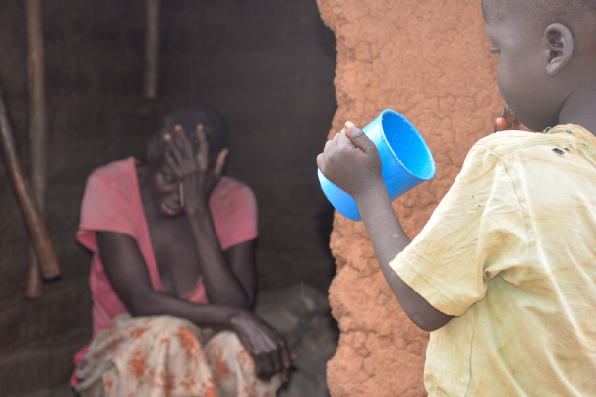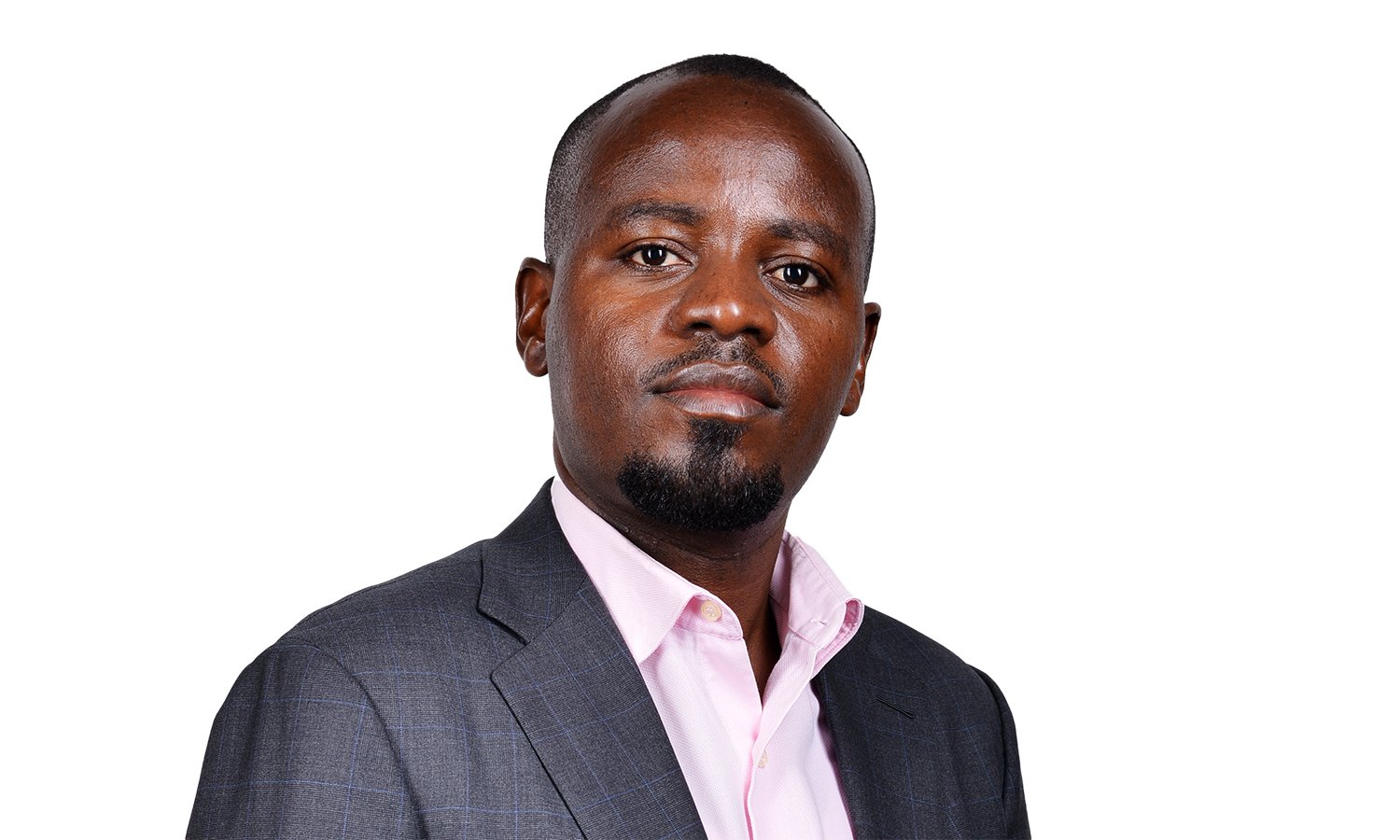Kabarole faces hygiene, sanitation challenges amid 2030 target

Local leaders from Kabarole District participate in cleaning exercise of Kihondo Market on March 2, 2024, during the environment-water week. PHOTO/FILE/ALEX ASHABA
What you need to know:
- To realize the district's WASH masterplan by 2030, a substantial investment is required, with $24.1million allocated for water initiatives and $48.1 million for sanitation projects.
In efforts to address Water, Sanitation, and Hygiene (WASH) issues and achieve Sustainable Development Goal number 6, which aims to provide clean water and sanitation for all by 2030, Kabarole District has embarked on a journey to ensure all households have access to safe water.
With the 2030 deadline looming, the district is actively working towards the ambitious target.
Currently, the average access to safe water in Kabarole District stands at 77 per cent. However, certain sub-counties face more significant challenges, with Kijura Town Council at 7 per cent, Karangura at 36 per cent, and Harugogo at 47 per cent.
The distribution of water sources also reveals disparities, as only 27 per cent of the population has access to water from protected springs, 58 per cent relies on shallow wells, 4 per cent on boreholes, and 12 per cent on public taps.
The district has been implementing a WASH master plan since 2018, to conclude by 2030. Over the past years, Kabarole has grappled with significant WASH challenges, including open defecation, limited access to clean and safe water, poor latrine coverage, and low handwashing coverage after visiting toilets.
To address these challenges, the district, in collaboration with partners like IRC, is implementing various interventions including construction of new gravity flow water schemes and improved sanitation around homes.
Last Saturday, the district launched the construction of a Shs900 million gravity water scheme in Bwanika Parish, Kicwamba Sub County, aiming to benefit 14 villages.
This initiative “seeks to reduce dependence on water from crater lakes, which have been exposed to Bilharzia and Typhoid over the years.”
The district has contracted Rubrima Africa Limited to construct a water project in three phases. The initial phase will cost Shs237 million.
Kabarole District chairman Richard Rwabuhinga told Monitor that their goal is to ensure elimination of drinking or fetching water from unprotected sources by 2030.

Kabarole District chairman Richard Rwabuhinga digs during the groundbreaking for construction of a Shs900 million gravity flow scheme in Bwanika Parish, Kichwamba Sub-county. `PHOTO/ALEX ASHABA
Rwabuhinga noted that collaborative efforts with partners, including the International Water Sanitation Center (IRC), will contribute funds to facilitate the timely completion of the water project before 2026.
"For years, residents of Bwanika parish have been relying on water from crater Lakes, exposing them to contamination. Annually, many individuals undergo treatment for Bilharzia due to the compromised water quality. With the imminent completion of the water project, our optimistic outlook is that the community will have access to safe drinking water,” He said.
The district is also engaged in a campaign to raise awareness and discourage open defecation, particularly in sub-counties like Kichwamba, where the practice currently stands at 14 per cent.
During the commemoration of Environment Water Week on Saturday in Kichwamba Sub-county, it was revealed that out of 31 villages in the entire sub-county, 11 villages still practice open defecation.
According to the WASH Baseline sanitation and hygiene survey data report for the Kichwamba Sub-county, as of December and March 2024, open defecation rates in specific areas are alarming, with Bwanika Parish at 14.1 per cent, Kihondo at 13.7 per cent, and Mabale at 13 per cent.
Equally, there are varying levels of improvement in water access across these regions, with Bwanika Parish at 42.9 per cent, Kihondo at 79.9 per cent, and Mabale at 47.4 per cent.
The data further indicates challenges in hygiene practices, where only 6.4 percent of the entire sub-county population wash their hands after visiting the toilet, and latrine coverage is at 42.4 per cent.
To proactively address WASH challenges at the household level, the district, in collaboration with IRC, has initiated a home improvement campaign.
Mary Ayoreka from IRC Uganda emphasized the organization's commitment to supporting the district in implementing and achieving the WASH master plan by 2030 and said in 2024, the organization's primary focus has been on addressing the longstanding sanitation challenges in Kichwamba Sub-county.
Ayoreka said the intensive home improvement campaign initiated in December last year involved door-to-door visits for health education, raising awareness, and promoting practices to enhance sanitation and hygiene.
"We initiated home improvement campaigns in December, and as a result, 19 out of the 31 villages in the target area are now officially open defecation-free. However, a persistent challenge remains in the area of handwashing practices,” she observed.
“To address this issue, in collaboration with other partners, we have taken the initiative to provide handwashing facilities. We anticipate that this intervention will lead to an improvement in handwashing practices,” she added.
Swaibu Baraba, the Kabarole District Chief Administrative Officer, said water must be available within 300metres for every household by 2030.
To realize the district's WASH masterplan by 2030, a substantial investment is required, with $24.1million allocated for water initiatives and $48.1 million for sanitation projects.




